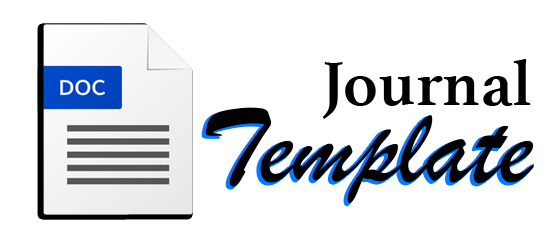Strategy for Establishing an Arabic Language Environment in the Palengaan Laok Village School, Palengaan Pamekasan
DOI:
https://doi.org/10.58223/al-ridha.v1i1.46Keywords:
Strategy, Arabic, Language EnvironmentAbstract
Learning Arabic will be maximized and perfect by creating a conducive language environment. The language environment provides intensive teaching to students to practice their language skills both orally and in writing. Learning Arabic in the classroom generally prioritizes understanding of linguistic rules including nahwu and sharaf, communicative Arabic practice is rarely applied in class because learning refers to the curriculum and specified material. The language environment is a place for students to practice their language skills, especially speaking skills. Armed with an understanding of the language rules learned in class, students have a great opportunity to apply their Arabic language skills with linguistic activities that are implemented in a speaking environment to the fullest. The type of research used is descriptive qualitative research. The researcher chose this method because the data obtained by the researcher in the field was stated in verbal form and in descriptive analysis without using statistical data. This research was conducted with an inductive point of view, the researcher went into the field first to identify the problem under study. Then the researchers conducted further research and collected data related to the formation of a language environment. The language environment in schools and boarding schools in Palengaan Laok provides opportunities for students to be creative in practicing their language skills as well as various language activities that support the development of their language skills significantly, with a language environment. Arabic learning process becomes more dynamic, effective and varied.
References
Aflisia, N., & Harahap, P. (2019). Eksistensi Bi’ah Lughowiyah Sebagai Media Berbahasa Arab Dalam Meningkatkan Kemampuan Muhadatsah Mahasiswa Prodi Pendidikan Bahasa Arab IAIN Curup. Lisanul Arab, 8(1), 42–57. https://doi.org/10.15294/LA.V8I1.32545
Fauzi, A. (2019). PENINGKATAN KEMAMPUAN MEMBUAT MEDIA PEMBELAJARAN BAHASA ARAB MENGGUNAKAN APLIKASI “CAMTASIA STUDIO.” Alfazuna, 3(2).
Hamdy, M. Z. (2019). At-Tansiq fi Ta’lim al-Lughah al-Arabiyyah. Al-Irfan: Journal of Arabic Literature and Islamic Studies, 2(September), 30–52. https://doi.org/https://doi.org/10.36835/al-irfan.v2i2.3585
Hamdy, M. Z. (2020). Pembelajaran Keterampilan Membaca (Maharah Qiraah) Menggunakan Koran Elektrronik (Al-Jaridhah Al-Elektroniyah). Syaikhuna: Jurnal Pendidikan Dan Pranata Islam, 11(1), 1–15. https://doi.org/10.36835/syaikhuna.v11i1.3842
Hamdy, M. Z., & Ningsih, W. P. (2022). Media Game Resident Evil 8 - Village dalam Pembelajaran Keterampilan Membaca dan Menulis. Al-Fathin: Jurnal Bahasa Dan Sastra Arab, 5(1), 104–124. https://doi.org/10.32332/al-fathin.v5i01.4037
Khairi, H. (2018). Karakteristik Perkembangan Anak Usia Dini dari 0-6 Tahun. Jurnal Warna, 2(2), 15–28. https://ejournal.iaiig.ac.id/index.php/warna/article/view/87
Maharani, T., & Astuti, E. S. (2018). Pemerolehan Bahasa Kedua dan Pengajaran Bahasa dalam Pembelajaran BIPA. Jurnal Bahasa Lingua Scientia, 10(1), 121–142. https://doi.org/10.21274/ls.2018.10.1.121-142
Muradi, A. (2018). Pemerolehan Bahasa Dalam Perspektif Psikolinguistik Dan Alquran. Jurnal Tarbiyah : Jurnal Ilmiah Kependidikan, 7(2). https://doi.org/10.18592/tarbiyah.v7i2.2245
Ningsih, W. P., & Hamdy, M. Z. (2021). إدارة بيئة اللغة العربية : تكوينا وتطبيقا. Muhadasah: Jurnal Pendidikan Bahasa Arab, 3(2), 139–153. https://ejournal.iaiskjmalang.ac.id/index.php/muhad/article/view/374
Sugiyono. (2018). Metode Penelitian Kuantitatif, Kualitatif dan R & D. ALFABETA.
Downloads
Published
How to Cite
Issue
Section
License
Copyright (c) 2023 Al-Ridha: Jurnal Pengabdian kepada Masyarakat

This work is licensed under a Creative Commons Attribution-NonCommercial 4.0 International License.


